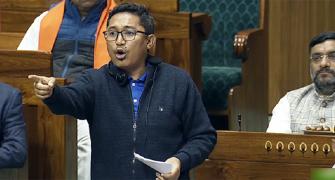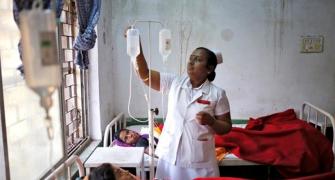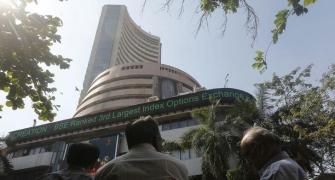A scientific investigation led by an Indian American may aid understanding of how insulin production eventually declines in type II diabetes. It raises the possibility of new types of drugs to prevent the loss of insulin production and to treat type II diabetes.
In type II diabetes, which people of Indian origin seem prone to, the hormone insulin does not work effectively to lower blood sugars and the patients' bodies also do not make enough insulin. These two processes have been widely considered as separate.
But a clinical study that builds on basic research that Joslin Diabetes Centre Principal Investigator Rohit N Kulkarni led a decade ago, suggested that insulin resistance and insulin secretion are linked in beta cells. Joslin Diabetes Centre is the world's preeminent diabetes research and clinical care organisation.
Bodies absorb sugar when carbohydrates are eaten, and insulin acts as a 'key' for the sugar to get into cells, where it provides energy for the cells to function. Sugar acts as the main signal that tells insulin-producing 'beta' cells in the pancreas to boost their production of insulin. But insulin itself plays a role in signaling for this ramp-up, as the Joslin scientists have just confirmed in humans.
Joslin clinical scientists have now gone on to show that when blood sugar levels rise in healthy people, insulin signals the cells that make insulin to increase their production.
Joslin clinical researchers enlisted healthy volunteers and measured their insulin production under normal conditions.
Then, under very careful control, the subjects received a human analog of insulin along with glucose via intravenous injections, with the investigators coordinating the doses to maintain normal glucose levels. The scientists upped the amounts of glucose and monitored the additional production of insulin -- and found, indeed, that insulin production climbed faster when higher levels of insulin already were present. The scientists also did exhaustive studies that appeared to rule out other possible mechanisms for the boost in insulin production.
"We have shown that insulin has a positive effect on its own secretion," said Kulkarni. "Our hypothesis now is that blunting of this positive effect in susceptible individuals may lead to a molecular cascade that eventually leads to poor function of the beta cells and then to type II diabetes."
If that hypothesis turns out to be correct, he says, it may offer opportunities to create new kinds of drugs for diabetes prevention and treatment.







